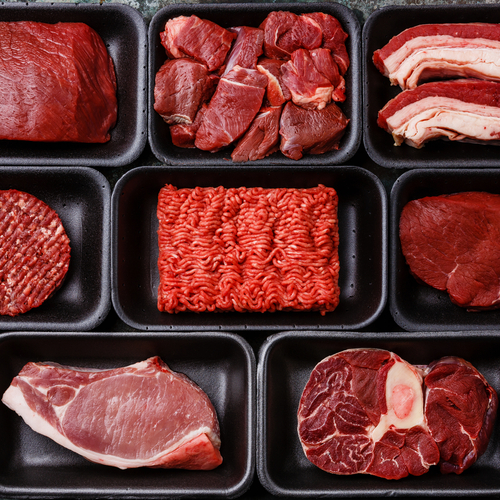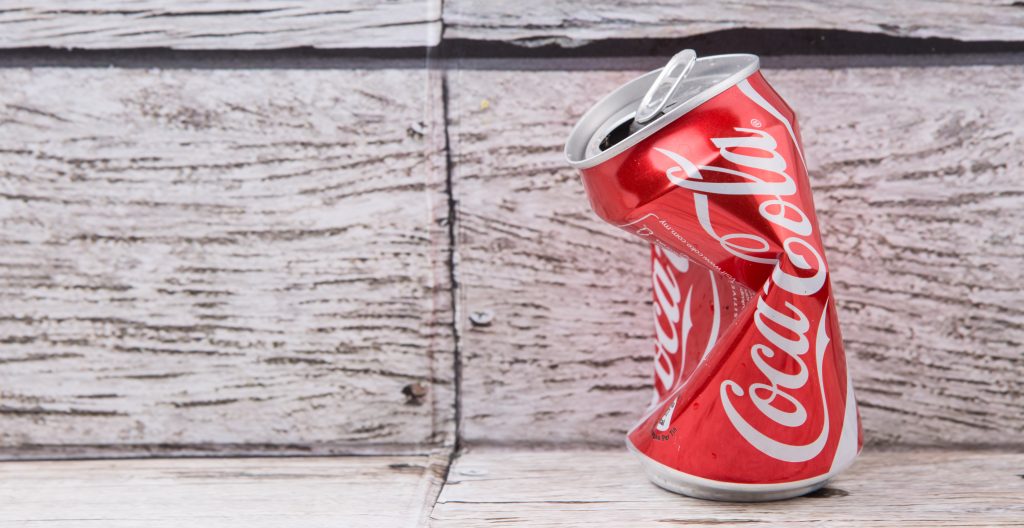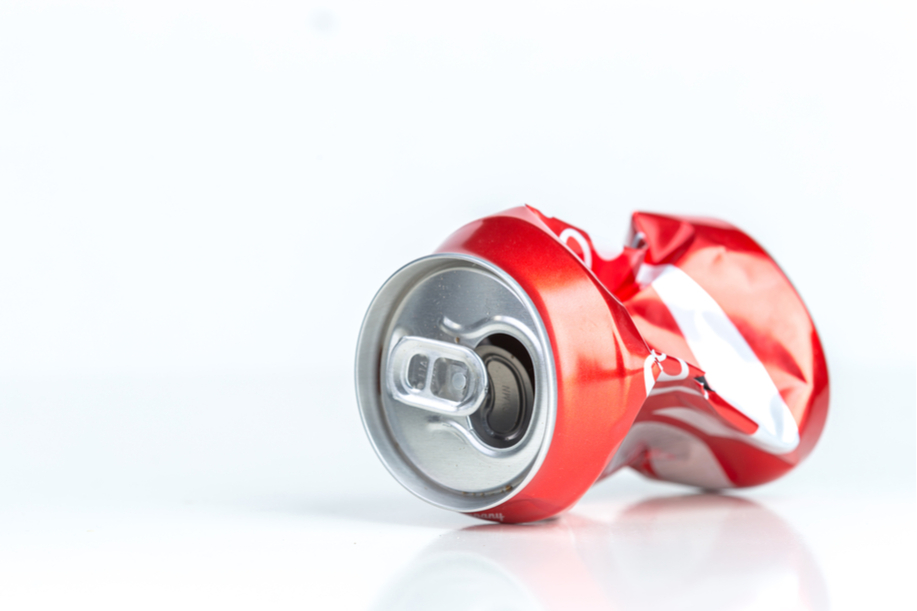Center for Science in the Public Interest executive director Michael Jacobson continues to beat the obesity lawsuit drum in this month’s Legal Times. After admitting that many of his favorite proposals, such as fat-taxes, are not terribly popular, Jacobson prescribes lawsuits as “a powerful engine for change” that can sidestep the democratic process. Jacobson’s article even resurrects his outrageous comparison between food companies and the Taliban. Given the wild-eyed fervor with which food cops and trial lawyers view obesity lawsuits, it’s no wonder that many states are taking preventative measures.
At least 20 states are currently considering legislation to protect food providers from frivolous and costly obesity lawsuits. Most recently, legislators in Wisconsin and Georgia passed such measures. And while Jacobson and his tyrannical schemes to remake food companies in his image find few supporters, laws preventing obesity lawsuits are all the rage. The Georgia bill flew through the House of Representatives on a 169-0 vote.
Of course, such common sense measures don’t sit well with the sue-happy captains of the food police. These litigation foxes will stoop to almost anything in their weak attempts to guard the henhouse. In testimony before Congress last year, John “Sue the Bastards” Banzhaf argued that if “these fat lawsuits are truly frivolous” then “the industry needs no Congressional protection.” Oh really? This from the same man who said:
“Somewhere there is going to be a judge and a jury that will buy this, and once we get the first verdict … it will open the floodgates.”
And lest anyone doubt that frivolous obesity lawsuits can succeed, the legal reform group Common Good has released it’s top 5 ridiculous lawsuits of 2003. The best of the lot: The Illinois Court of Appeals determined that parents could sue a Chinese restaurant for a hot tea burn, even though their child caused the burn by spinning a lazy Susan.




